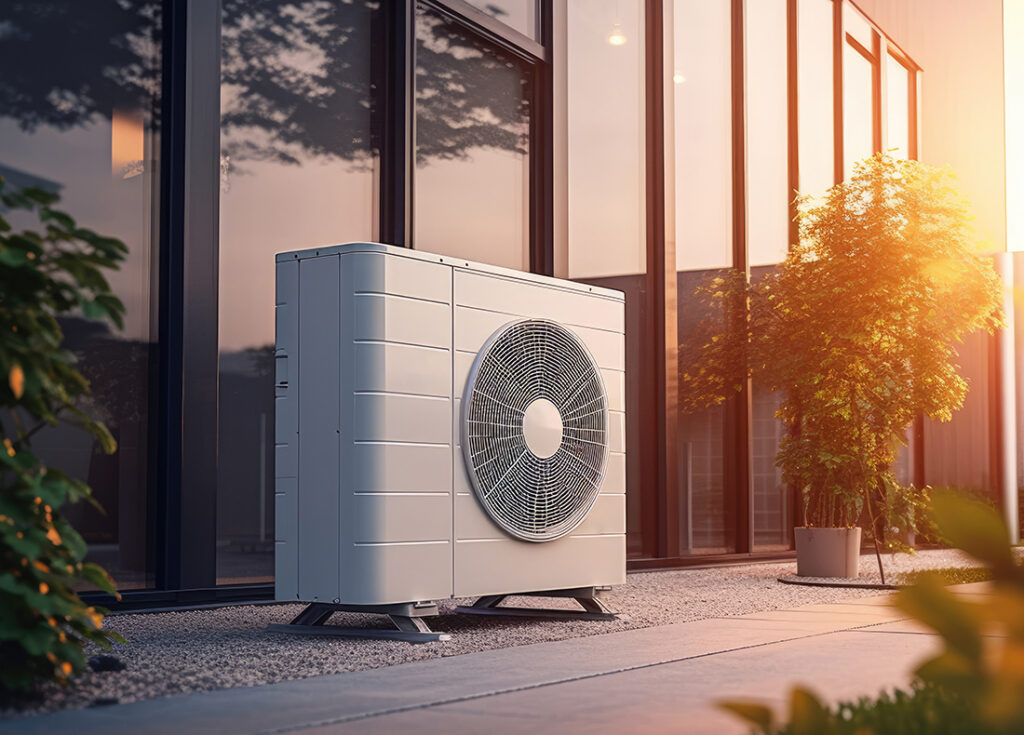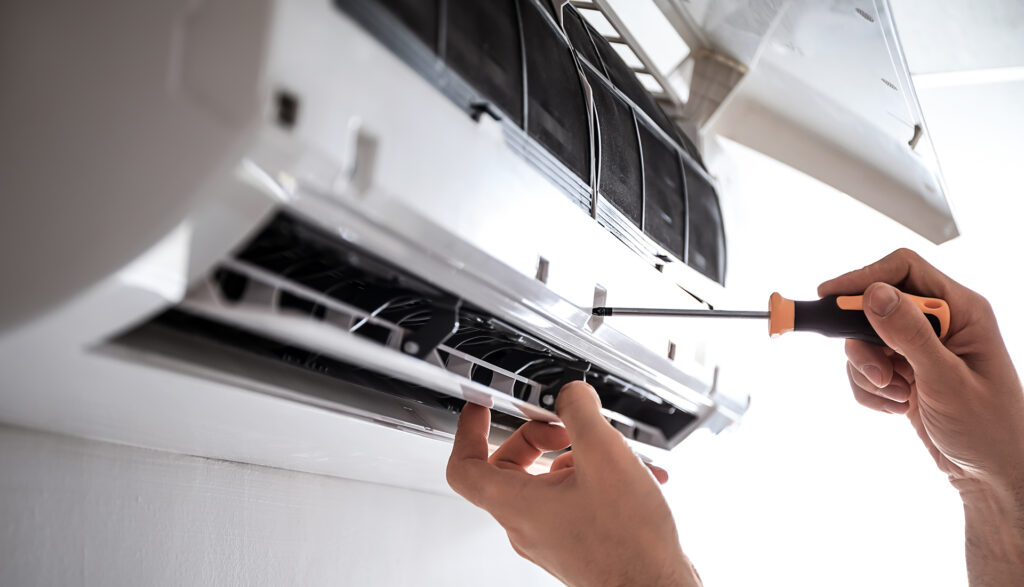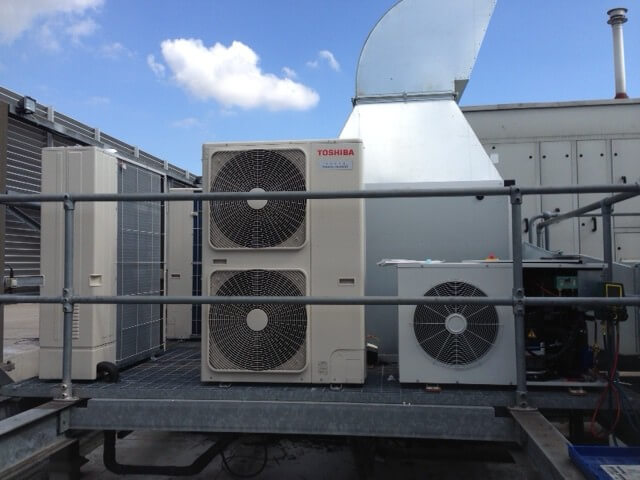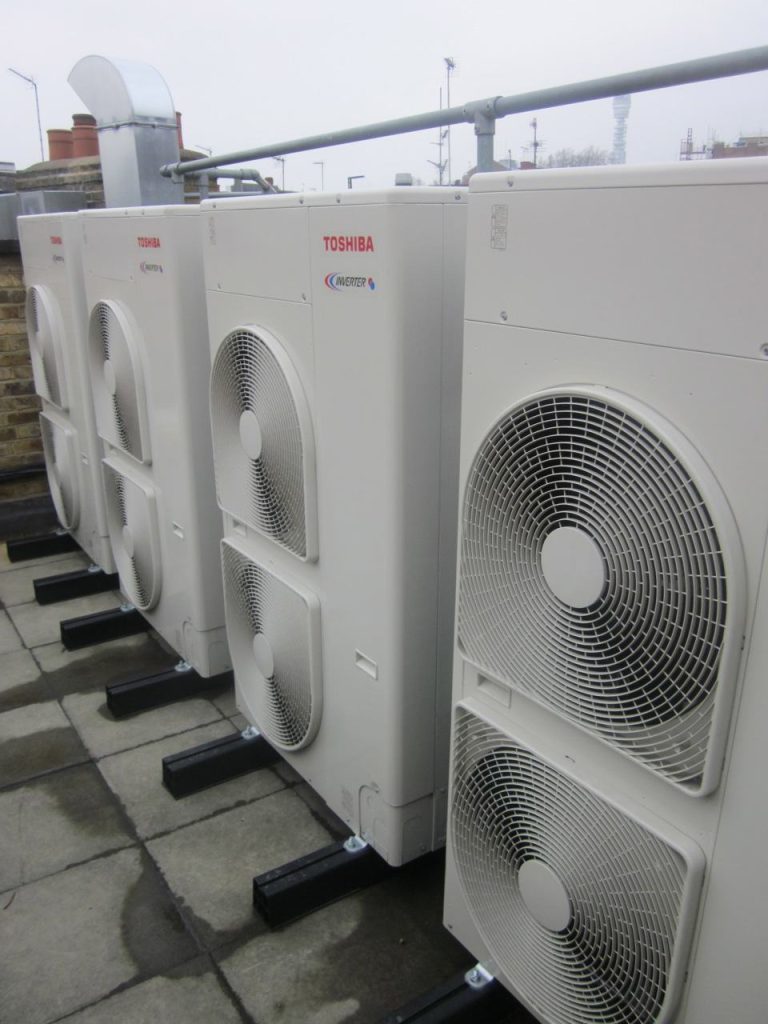Heating Ventilation and Air Conditioning Sustainability Tips Which Will Save You Money
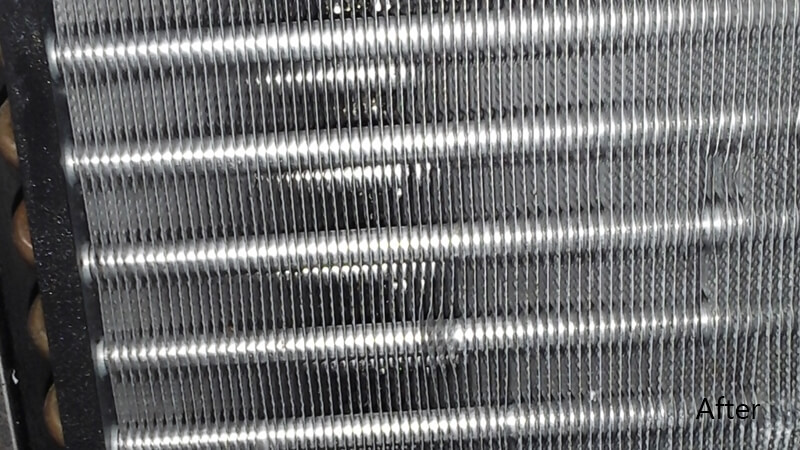
Estimated reading time 6 minutes
A Heating, Ventilation and Air Conditioning (HVAC) system is an important investment for any company. It keeps your business premises warm in winter and cool in the summer. Just like any other piece of equipment there are savings to be made when it comes to your HVAC system. Even small adjustments can help to save money.
How Can You Keep Your Air Conditioning Energy Efficient?
Below we discuss some of the many money saving opportunities that are available to businesses and how these tips can help save energy, cut costs and increase a company’s profit margin.
Changing Your HVAC Filters
Filters play an important role in the life of an air conditioning system. Clean filters also prevent the build up of dust and dirt in the system.
As the air in the system moves through the filters, particulates, dust, pollen, germs and other contaminants are removed. As long as the air conditioning filters are cleaned or replaced as required then the air continues to be properly filtered.
When air conditioning filters are dirty they restrict air flow causing the system to have to work harder to maintain a regular temperature which means the system has to use additional energy just to maintain the status quo. When the filters are overwhelmed there is a danger of dust and particulates entering the system and causing damage to other parts of the HVAC which can lead to a system failure and the need for repairs.
Checking your Ductwork
Eventually the air conditioning ductwork can become damaged through a mixture of normal wear and tear, gaps in the ductwork or holes and connections that become loose over time. When this happens what should be a closed duct system is now open which will result in a loss of filtered air, which in turn means a loss of energy and money.
It’s therefore vital to ensure that all ducts are properly sealed and where there are any gaps, loose fittings or holes that they are properly sealed. Making sure the system is sealed will improve efficiency. Insulating ductwork can also provide benefits by preventing the ducts from getting hot in the summer and cold in the winter.
Maintaining Refrigerant Levels
All air conditioners need sufficient levels of refrigerants to be able to efficiently cool the air. If there isn’t enough refrigerant in the system then the compressor has to work harder to achieve the temperature that has been set. Some potential signs that your HVAC is low on refrigerant are: the air conditioning is blowing hot air when it should be cool and the refrigerant line has ice on it or you can hear a hissing or bubbling noise coming from the system.
A drop in the levels of refrigerant is usually a good sign that there is a fault or a leak within the air conditioning system as refrigerant isn’t “used up”. If there is a refrigerant leak it’s very important to identify how refrigerant is escaping and once the leak is identified to replace the refrigerant lost. Please note refrigerant leaks are very serious and must be dealt with by professional HVAC and M&E contractors.
Cleaning the Condenser Unit
An HVAC system works to maintain the temperature which is set on the thermostat. When the temperature is set low the air conditioning works to absorb heat from the air that is pumped through it. The heat absorbed is then released to the outside of the building. The condenser is the part of the HVAC system that is responsible for releasing the heat. Without the condenser, the refrigerant would retain its heat and the process wouldn’t work.
Anything that obstructs the air flow of the condenser unit will cut down on its efficiency. One of the easiest ways to keep your condenser running smoothly is to clean it regularly. Various parts of the condenser may need to be cleaned e.g. the fan, coils and fins.
Having a Programmable Thermostat
Installing a programmable thermostat can go a long way to reducing the amount of energy used. When a business is closed and there is no one present in the building e.g. in the evenings, during the night and sometimes at weekends, a programmable thermostat can be set to run at a lower temperature.
According to the Department for Energy and Climate Change’s (DfECC) SME Guide to Energy Efficiency report (PDF): “The longer your heating is on and the higher the thermostat is set, the higher your bills will be.” The report goes onto say: “Heating costs increase by around 8% for every 10ºC increase. Turning it down 20ºC would save £140 on a £1,000 bill”. The less your HVAC system has to work to maintain a comfortable temperature the more savings you’ll see on your heating or cooling bill. The DfECC conclude by saying “Not only does over-heating and cooling waste money, it also has an impact on staff morale and productivity, so a programmable thermostat is worth a little investment.”
Carrying Out Routine Maintenance
As with any system it’s important to take steps to maintain your HVAC system. If your HVAC equipment undergoes regular maintenance this will ensure each of the component parts are working as they should – are not substandard, aging or faulty and the whole system is performing efficiently.
It only takes one part of an HVAC to malfunction to reduce the efficiency of the system as a whole. Being proactive about your HVAC maintenance can help to reduce your HVAC costs by up to 40%.
Replacing Your Air Conditioning
There comes a time when no matter how diligent your maintenance program is, your HVAC will reach the end of its life span and the best thing to do to save money will be to replace and upgrade your system.
A new air conditioning system will be more energy efficient than an old HVAC unit which will result in cost savings. Older systems have to work harder for the same gains, which results in higher electricity bills. Today’s air conditioning systems are as much as 50% more energy efficient in terms of heating and cooling.
A new HVAC will also use modern refrigerants which are more environmentally friendly. When you switch from R22 refrigerant you may also be eligible for tax relief under the Enhanced Capital Allowance (ECA) Scheme. Information on which systems are eligible can be found on the government’s Energy Technology Product List (ETL) page.
Synecore, Your Expert Air Conditioning and M&E Contractors
Synecore are expert HVAC and M&E Contractors who work with clients across Kent, London and the rest of the UK, supplying top of the range air conditioning brand names, including Mitsubishi Electric, Daikin, Toshiba and comprehensive Planned Preventative Maintenance (PPM) contracts for your air conditioning system.
To discuss your air conditioning requirements and to find out how Synecore can help get in touch with our head office in Sittingbourne, Kent for more information. Call us 01795 509509, email us at sales@synecore.co.uk or get in touch via our contact form.
